Get Your Alcohol Import License:
2026 Comprehensive Guide for Wine, Beer & Liquor Importing
Contact Us to Get Licensed
Import Alcohol License (Permit)
Navigating the world of alcohol importing requires more than just a keen business sense and an understanding of market trends. It also requires the right paperwork. In the United States, getting your venture licensed is a crucial step that involves both federal and state levels.
At the federal level, the Alcohol and Tobacco Tax and Trade Bureau (TTB) oversees the regulation of alcohol imports. According to the TTB, anyone seeking to engage in the business of importing distilled spirits, wine, or malt beverages into the United States must apply for a Federal Basic Importer’s Permit.
Once the Importer’s Permit is obtained, the importer must secure a TTB-issued Certificate of Label Approval (COLA) for each unique product/label for distilled spirits, wine, or malt beverages as defined in the Federal Alcohol Administration Act (FAA Act). This process can be carried out electronically via COLAs Online, as stated on Rezzonator Services.
At the state level, requirements can vary widely, so it’s essential to research the specific regulations in your state. Some states may require additional permits or licenses, and you may also need to comply with specific state laws regarding the sale and distribution of alcohol.
The port of entry, type of drink, and even labels also play a role in the import process. For instance, the U.S. Food and Drug Administration (FDA) oversees the safety and security of the nation’s food supply, which includes alcoholic beverages.
Navigating these complexities can be daunting, but you don’t have to do it alone. Companies like Rezzonator Services specialize in helping businesses obtain their alcohol import licenses. With a track record of licensing hundreds of importers, from big brands to startup operations, Rezzonator Services can simplify the process and guide you through each step.
Whether you’re a small operation just starting off or an already-running business, Rezzonator Services can help with your licensing and compliance needs. Their experts can assist with everything from obtaining a TTB Wholesaler Permit to securing a COLA, making the journey to becoming a licensed alcohol importer smoother and more manageable.
Table of contents:
- Import Alcohol License (Permit)
- Registration, Taxes and Duties
- Requirements for the Certificate Of Label Approval
- Start Importing Fast
- Differences in Importing Wine, Beer, and Hard Liquor
- Market Landscape Post-Pandemic
- Top Tips for Obtaining an Import Alcohol License
- Wine, Beer or Liquor
- FAQs: Obtaining a Liquor Import License
Registration, Taxes and Duties
As an importer, you are responsible for all Federal excise taxes and duties that are applicable. Taxes for wines, beer and distilled spirits are collected by the CBP. You must be registered with both the CBP and TTB and fill out all pertinent forms before you start your business.
We can help you with taxes as well as licensing. Call us with your specific situation.

Bill L. Sanders
Requirements for the Certificate Of Label Approval
Once you have the Permit for importing your alcoholic drink, you must obtain a Certificate of Label Approval (COLA) for each product you are brining into the US. For example: if you are brining Wine X, Wine Y and Wine Z, then you must get 3 COLAs. To obtain the COLAs you must file an application with the TTB. This must be done before bringing in the product.
It is important to note that as part of the COLA process, and depending on the product you are importing, you must obtain a pre-COLA product approval.
Start Importing Fast
As a business owner your time should be spent running your company not dealing with endless paperwork. The importing process can be complicated and sometimes frustrating. Rezzonator Services lets you focus on what matters most, operating your business, by taking care of your importing needs.
Every importing situation is different so please call us with additional information to find out how we can make the process much easier and headache free.
In order to import into the United States you’ll need different permits and approvals, both on the State and Federal level. In most cases you will need a basic permit for this operation.
The standard way of bringing alcohol into the United States is via a container on a cargo ship. Taxes or import duties may also be due upon receiving your product in a U.S. port.
We can also help you with the other licenses that are necessary in order to bring in the alcohol.
As always we can help you choose the best course for your business.
If you operate outside the U.S. you must contract an existing importer in the U.S. that is licensed.
Differences in Importing Wine, Beer, and Hard Liquor
It’s essential to remember that each type of alcohol may be subject to different regulations and market trends, which can affect the importing process.
Obtaining an importing alcohol license involves several steps and considerations. Despite the challenges, the alcohol market’s potential for growth and diversification can make this a lucrative venture. It’s crucial to conduct thorough research and understand the regulations and trends in your desired segment of the market.
For more detailed information and advice tailored to your specific situation, you can call us at:
Remember that the alcohol market is continually evolving, influenced by factors like consumer trends, changes in laws and regulations, and broader economic conditions. Keeping abreast of these changes and being adaptable can help ensure your importing business’s success in the long run.
Should you wish to delve into more specific aspects of alcohol importing, or if you have any other questions, feel free to ask.
Based on research, the global alcohol market is making a comeback following an ‘unprecedented downturn’ in 2020 due to the Covid-19 pandemic. Volume sales are predicted to increase by 2.9% by the end of 2021, with total beverage alcohol consumption expected to return to pre-Covid levels by 2023. In the long term, volume sales are forecasted to increase by a compound annual growth rate (CAGR) of 1.5% from 2021 to 2025. The pandemic has accelerated the impact and growth of key industry drivers, such as the development of e-commerce, premiumisation, the rise of the ‘home premise’, moderation, and the need for convenience in product formats.
Regarding specific categories within the alcohol sector, non-alcoholic ‘spirits’ and ready-to-drink (RTD) products are the two fastest-growing categories, set to grow by 30.6% and 10.2%, respectively, from 2021 to 2025. RTDs experienced 26.4% growth in the past year and are predicted to continue this upward trajectory. Tequila also saw impressive growth of 9.6% in 2020, overtaking rum as the third-largest spirits category in the US. On the other hand, global volume sales of whisky suffered a 10.7% drop last year, but are expected to post a 5.5% volume increase in 2021 and a 4.2% CAGR from 2021 to 2025. In terms of white spirits, gin is predicted to increase by 4.5% CAGR 2021-2025, with vodka forecasted to grow by 1.1% from 2021 to 2025 in the US.
As for importing alcohol into the US, there are several requirements to meet. Firstly, one must apply for a Federal Basic Importer’s Permit, which requires maintaining and staffing a business office in the US. If you are unable to conduct business in the US, you can contract with an existing licensed importer in the US. Additionally, if you plan to sell at wholesale alcohol beverages other than those you directly import with your Importer’s Permit, you must also apply for a Wholesaler’s Basic Permit. Importers are responsible for all applicable Federal excise taxes and duties, and they must register as alcohol dealers before engaging in business.
After receiving the Importer’s Permit, the importer must obtain a TTB-issued Certificate of Label Approval (COLA) for each unique product/label for distilled spirits, wine, or malt beverages. Importers of wine made from sound ripe grapes or other sound, ripe fruit produced after December 31, 2004, must comply with certification requirements to ensure that the practices and procedures used to produce the imported wine constitute proper cellar treatment. Finally, a certificate of age or origin is required for certain wines and distilled spirits imported into the United States.
Market Landscape Post-Pandemic
The global alcohol market has been in recovery following the downturn in 2020 due to the Covid-19 pandemic. Volume sales are forecasted to grow by nearly 3% in 2021, and the global beverage alcohol market is expected to return to pre-Covid levels by 2023.
The pandemic has accelerated key industry drivers such as e-commerce, premiumisation, and the need for convenience in product formats. Within the sector, non-alcoholic ‘spirits’ and ready-to-drink (RTD) products are the fastest-growing categories. Tequila has shown impressive growth, overtaking rum as the third-largest spirits category in the US. Meanwhile, global volume sales of whisky are expected to increase, led by Irish whiskey, Japanese whisky, and US whiskey.
Top Tips for Obtaining an Import Alcohol License
The global alcohol market is a lucrative one, with the wine sector alone expected to reach $439.2 billion by 2023. However, to tap into this profitability, businesses must navigate the complex process of obtaining an import alcohol license. This article provides top tips for securing an ‘import alcohol license’, ‘wine import license’, and ‘ttb import permit’, highlighting the importance of expert guidance in this process.
Understanding the Complexity of the Licensing Process
The Alcohol and Tobacco Tax and Trade Bureau (TTB) oversees the issuance of import alcohol licenses in the United States. The process involves several steps, including:
- Applying for a Basic Permit
- Filing a Power of Attorney if using a third-party to complete the process
- Obtaining a bond
- Complying with labeling and advertising regulations
The complexity of these steps underscores the need for expert guidance. This is where Rezzonator Services comes in, providing professional assistance to navigate the licensing process.
Top Tips for Obtaining an Import Alcohol License
- 1. Understand the Requirements – Each type of alcohol (wine, beer, or liquor) has specific requirements for importation. Understanding these requirements is the first step towards obtaining an import alcohol license.
- 2. Prepare for the Financial Commitment – Obtaining an import alcohol license involves several fees, including application fees and bond premiums. Prepare for these financial commitments to ensure a smooth licensing process.
- 3. Comply with Labeling and Advertising Regulations – The TTB has strict regulations for labeling and advertising alcohol products. Non-compliance can result in penalties and delays in obtaining your license.
- 4. Seek Expert Guidance – The process of obtaining an import alcohol license is complex and time-consuming. Expert guidance can streamline this process, saving you time and resources. Rezzonator Services, with its extensive experience in the field, is the ideal partner in this journey.
The Role of Rezzonator Services in Obtaining an Import Alcohol License
Rezzonator Services provides expert guidance throughout the licensing process. Our services include:
- Assistance with application preparation
- Guidance on compliance with TTB regulations
- Support in obtaining a bond
- Help with labeling and advertising requirements
By partnering with Rezzonator Services, you leverage our expertise to navigate the complexities of obtaining an import alcohol license. This partnership not only simplifies the process but also positions your business to tap into the profitability of the alcohol import market.
In conclusion, obtaining an import alcohol license is a complex but profitable venture. With expert guidance from Rezzonator Services, you can navigate this process with ease and position your business for success in the lucrative alcohol import market. Contact us today to start your journey towards obtaining an import alcohol license.
Trusted by Small Businesses and Big Enterprises…
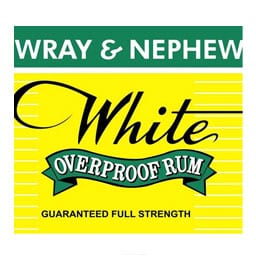

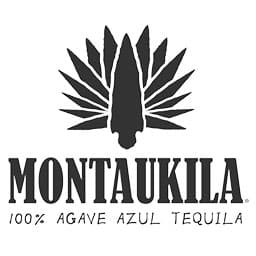
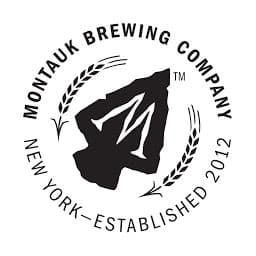
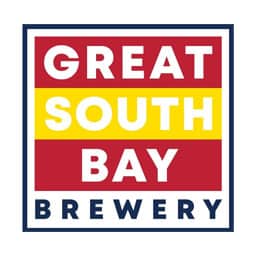
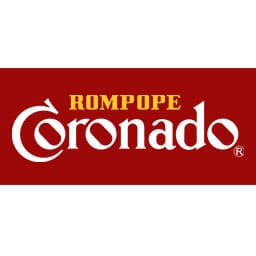
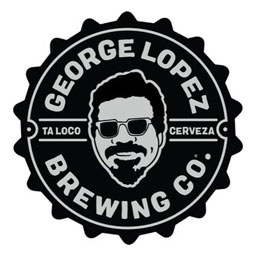
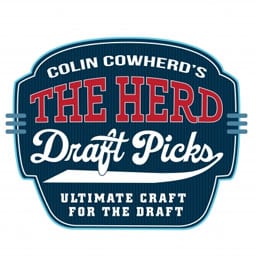

Contact Us To Get Started On Your Own Business
Wine, Beer or Liquor
When venturing into the alcohol importing industry, one of the first decisions you’ll need to make is the type of alcohol you want to focus on: wine, beer, or liquor. Each of these markets has its unique characteristics and opportunities, and understanding these differences can help you make an informed decision.
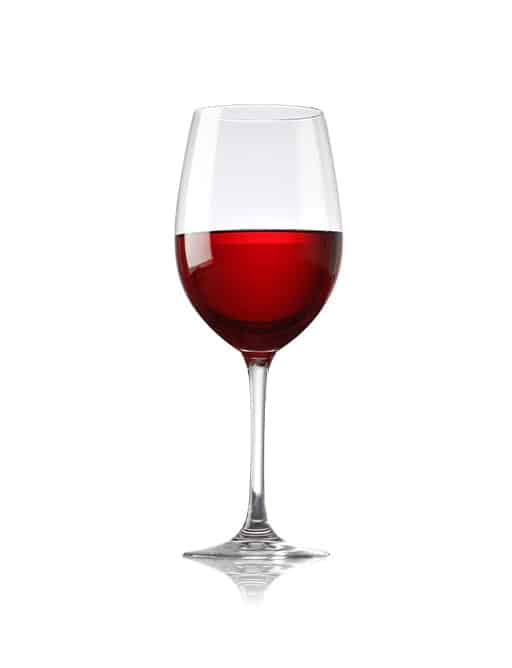
Wine
The wine market is vast and diverse, with a wide range of products from various regions around the world. According to Statista, the wine market has remained relatively stable in recent years, offering a consistent opportunity for importers. Wine is often associated with sophistication and luxury, which can be leveraged in marketing strategies. However, the wine market can also be competitive, and penetrating it may require a unique product or a strong brand.
Beer
Beer accounted for an estimated 41.9 percent of the U.S. alcohol industry market in 2022, making it a significant player in the industry. The beer market includes a wide range of products, from mass-market lagers to craft beers, each with its unique marketing and profit considerations. While beer generally has lower profit margins than wine or liquor, it often sells in higher volumes. The beer market can be easier to penetrate, especially with the growing interest in craft beers and unique international offerings.
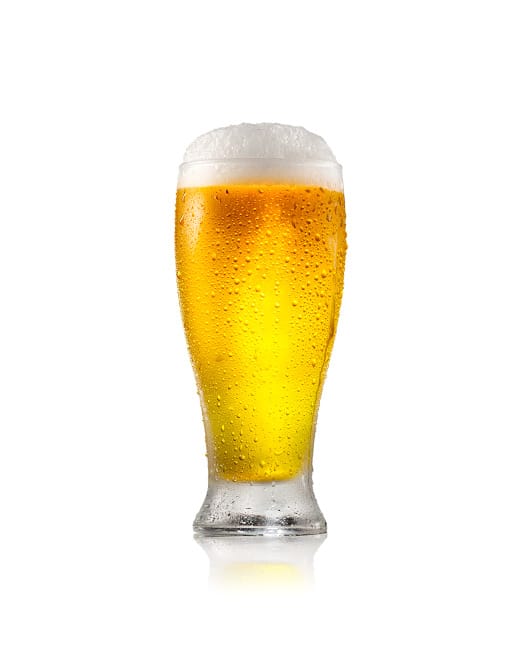
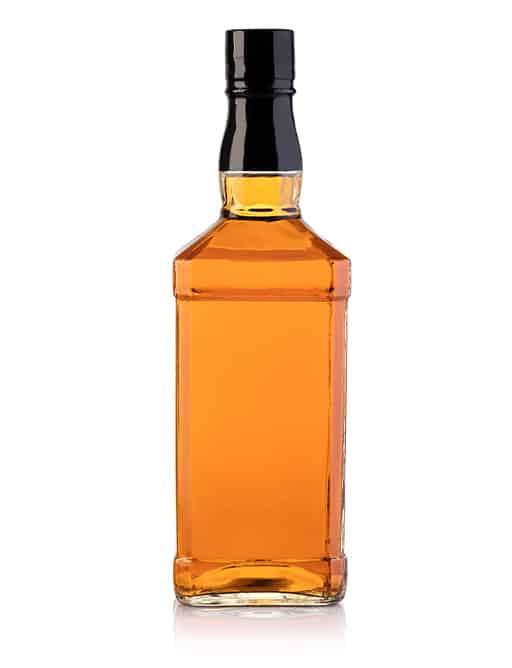
Liquor
Liquor, or distilled spirits, includes a wide range of products such as whiskey, vodka, rum, gin, tequila, and more. According to Epos Now, liquor stores tend to have an overall profit margin of between 20% and 30% annually. Liquor often has the highest profit margins among the three types of alcohol, making it potentially the most profitable option. However, the liquor market can be challenging to penetrate due to the dominance of established brands.
When choosing between wine, beer, and liquor, consider factors such as the potential profit margins, the competition in the market, and your ability to offer a unique or high-quality product. Also, consider the logistics and regulations associated with each type of alcohol. For instance, different types of alcohol may have different requirements for storage and transportation, and they may be subject to different regulations.
No matter which market you choose, success in the alcohol importing industry requires a deep understanding of the market, a strong marketing strategy, and compliance with all relevant regulations. Companies like Rezzonator Services can provide valuable assistance in navigating these complexities and setting your venture up for success.
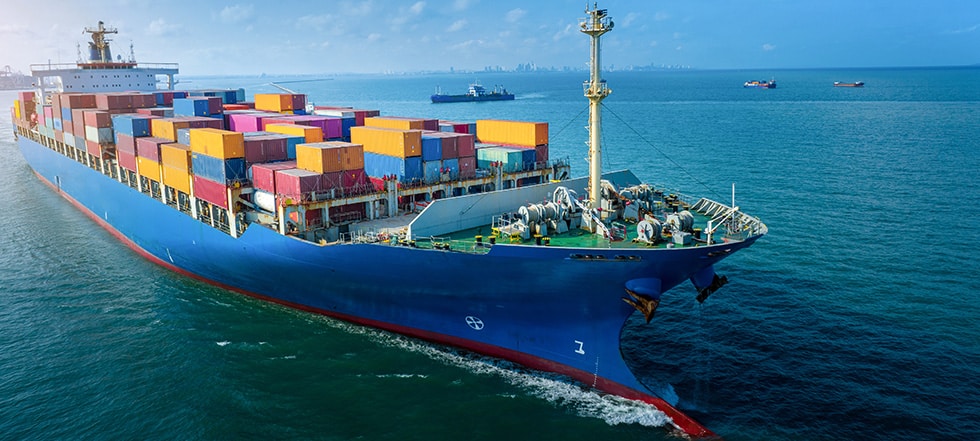
FAQs: Obtaining a Liquor Import License
What is a liquor import license?
A liquor import license, also known as a Federal Basic Importer’s Permit, is a permit issued by the Alcohol and Tobacco Tax and Trade Bureau (TTB) that allows individuals or businesses to legally import alcoholic beverages into the United States.
Why do I need a liquor import license?
Importing alcoholic beverages without the appropriate license is illegal and can result in severe penalties. A liquor import license ensures compliance with federal regulations and allows you to legally import, distribute, and sell alcoholic products.
What are the basic requirements to obtain a liquor import license?
- Establish a business entity (e.g., LLC, corporation).
- Secure a physical office location within the United States.
- Register with the TTB and apply for the Federal Basic Importer’s Permit.
- Obtain a Certificate of Label Approval (COLA) for each product you plan to import.
- Comply with state-specific regulations and obtain any necessary state permits.
How long does it take to get a liquor import license?
The processing time for a Federal Basic Importer’s Permit can vary. Typically, it takes between 90 to 120 days from the submission of a complete application to receive approval from the TTB.
Can I import any type of alcoholic beverage with this license?
Yes, a Federal Basic Importer’s Permit allows you to import various types of alcoholic beverages, including wine, beer, and distilled spirits. However, each product must have an approved Certificate of Label Approval (COLA) before importation.
Are there additional state requirements for importing liquor?
Yes, in addition to federal requirements, each state has its own regulations regarding the importation and distribution of alcoholic beverages. It’s essential to consult with the alcohol control board in the state where you plan to operate to ensure compliance with local laws.
What is a Certificate of Label Approval (COLA), and why is it necessary?
A COLA is a certification issued by the TTB that approves the labels on alcoholic beverage containers. It ensures that the product’s labeling complies with federal regulations, including accurate representation of the product’s contents, origin, and other required information.
Can I start importing liquor immediately after applying for the license?
No, you must wait until you receive the approved Federal Basic Importer’s Permit and any necessary state permits before you can legally import alcoholic beverages. Importing without the proper licenses can lead to legal penalties and fines.
Do I need a physical office in the U.S. to obtain a liquor import license?
Yes, the TTB requires applicants to have a physical business office within the United States to qualify for a Federal Basic Importer’s Permit. This office serves as your business’s official location for record-keeping and correspondence.
Where can I find more information or assistance with the application process?
For detailed guidance on obtaining a liquor import license, you can consult the TTB’s official website or seek assistance from professional services specializing in alcohol import licensing, such as Rezzonator Services.
Ready to Get Your Alcohol Import License?
Contact us with your specific situation.
- 15 Minute Free Consultation
- Fast Turnaround
- Guaranteed Results
and more…
Contact Us
Ready to Get Your Alcohol Import License?
Contact us with your specific situation.
- 15 Minute Free Consultation
- Fast Turnaround
- Guaranteed Results
and more…
Contact Us
